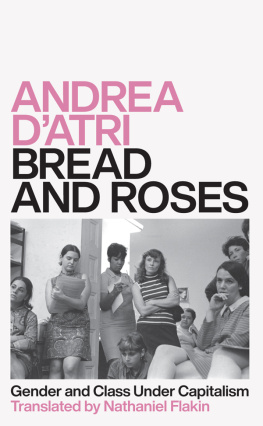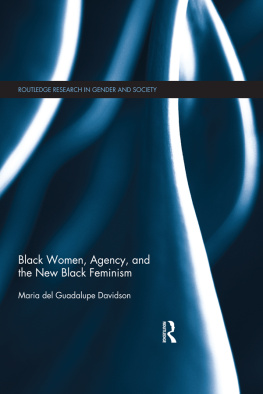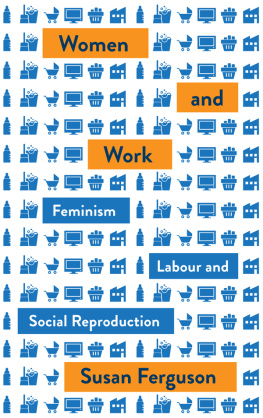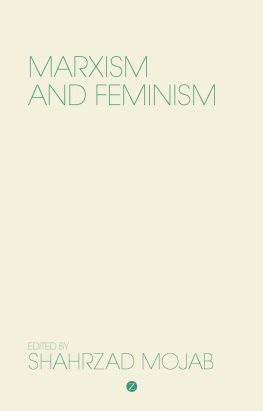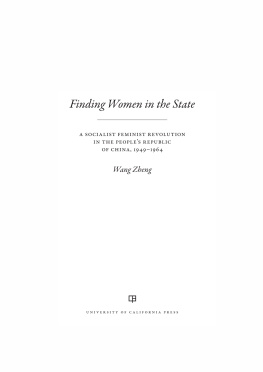First published by Ediciones IPS, Argentina 2004
English language edition first published 2021 by Pluto Press
345 Archway Road, London N6 5AA
www.plutobooks.com
Copyright Andrea DAtri and Ediciones IPS Argentina, 2013; Translation
copyright Nathaniel Flakin 2021
The right of Andrea DAtri to be identified as the author of this work has been asserted in accordance with the Copyright, Designs and Patents Act 1988.
Work published within the framework of Sur Translation Support Program of the Ministry of Foreign Affairs and Worship of the Argentine Republic. Obra editada en el marco del Programa Sur de Apoyo a las Traducciones del Ministerio de Relaciones Exteriores y Culto de la Repblica Argentina.
British Library Cataloguing in Publication Data
A catalogue record for this book is available from the British Library
ISBN 978 0 7453 4117 0 Hardback
ISBN 978 0 7453 4118 7 Paperback
ISBN 978 1 7868 0726 7 PDF eBook
ISBN 978 1 7868 0728 1 Kindle eBook
ISBN 978 1 7868 0727 4 EPUB eBook
This book is printed on paper suitable for recycling and made from fully managed and sustained forest sources. Logging, pulping and manufacturing processes are expected to conform to the environmental standards of the country of origin.
Typeset by Stanford DTP Services, Northampton, England
Simultaneously printed in the United Kingdom and United States of America
To Ana Mara Layo, my mother, for giving me the freedom to be a different woman than she was, and also a different woman than she would have wanted me to be.
Preface to the English Edition
15 Years of Bread and Roses
As I write the preface to this new edition of Bread and Roses: Gender and Class Under Capitalism, the Covid-19 pandemic is sweeping across the world, showing that dystopian fiction can become reality and everyday life can transform into soporific and surreal lethargy. Between the first edition in Spanish and this first edition in English, only 15 years have passedbut the distance between then and now is enormous, defined by the before and after of the coronavirus.
To understand this, it is perhaps worth remembering that this book was originally published in 2004 in Argentina; at that time in the United States, Mark Zuckerberg and his friends at Harvard were launching a website to connect the universitys 20,000 students. Today, Facebook has over 2.3 billion users worldwide, besides owning WhatsApp, the leading messaging service, without which it is impossible to imagine this life in confinement, full of virtual classes, working from home, online entertainment, and video calls. In the midst of a global crisis and the dizzying events occurring every day, the year 2004 feels like it was more than a century ago.
Bread and Roses: Gender and Class Under Capitalism was later published in Venezuela in 2007, in Brazil in 2008, and in Mexico in 2010. In 2013, a new corrected and expanded edition was published in Argentinathat is the version that is presented here in English by Pluto Press. Although it was revised almost a decade after its initial publication, this text nonetheless pre-dates the international feminist wave of recent years and the great events the world is currently witnessing. This same version was translated and published in Italy in 2016, and in Germany and France in 2019.
* * *
When the first edition of Bread and Roses: Gender and Class Under Capitalism appeared in Argentina, we dared to propose that the relationship between the categories of gender and class be considered in the heat of history. We did this from the extreme South of our continent, and outside of academic circles. For this reason, although this book neither offers a detailed account of each of the infinite struggles of the international womens movement, nor covers all the theoretical debates that traverse the movement, it does have the merit of presenting the hypothesis15 years agothat there will be no gradual, evolutionary progress toward the expansion of political rights and democratic freedoms for women.
At a time when feminist struggles were not on the front pages, this book argued that advances and setbacks in the struggle against patriarchy, within the framework of the capitalist system, coincide with periods of reforms, revolutions, or reaction. The idea that womens struggles advance and retreat with the ups and downs of the class struggle runs through this book. And just as defeats of the masses meant that women and other oppressed sectors of society were silenced and forced to wait, revolutionary processes brought about unusual transformations, at an unexpected speed, of everyday life and social and political institutions.
This book does not contain an extensive discussion of the struggles for sexual liberation, about which we have written numerous articles. Nor is there an analysis of racism and the intricate web of oppressions that links gender and class with race, ethnicity, and nationality. Were we to rewrite this work today, having gone through great experiences of collective struggle and learnt a great deal, we would include an analysis of how capitalism organizes lives and bodies into hierarchies, shaping the working class in complex and heterogeneous ways. And without a doubt, the recent rebellions in the United States in the wake of the police murder of George Floyd and against the institutional racist violence of US imperialismwith Black women in the front lines of the mobilizationswould be a source of inspiration for such a new work on womens oppression and the perspectives for emancipation. The emergence of a new generation of people who are taking up the perspective of a socialist society in the heart of imperialism would similarly inspire.
* * *
But when we wrote Bread and Roses: Gender and Class Under Capitalism, we were swimming against the stream in Argentina at the time: the social movements and the resistance struggles against the economic and political crisis at the end of the twentieth century were accelerating their steps toward assimilation into the political regime, abandoning their most radical aspects. Since that first edition appeared in 2004, the neoliberal discourse of expansion of rights has become established as the only possible horizon for social movements, including feminism. And paradoxically, in the midst of this retreat by social movementsand starting as a small minoritywe not only published this book, but also made an effort to build a material force that would be able to incarnate the ideas reflected in it.
That is why, despite the important shortcomings and omissions in its pages, and even despite the major events that took place after the revised edition appeared in 2013, this book retains a particular value that is not an individual achievement of its author. If I mostly write in the first person plural, this is because Bread and Roses: Gender and Class Under Capitalism is the result of an intense militant activity of swimming against the stream. Its pages originated in activism and struggles against exploitation and oppression; it was read and debated by young people fighting for the legalization of abortion, by women workers who took over their factories and got them running under workers control in the midst of a capitalist crisis, and by students who were not content to see their anti-patriarchal hatred be converted into a mere slogan or a passing fad.

